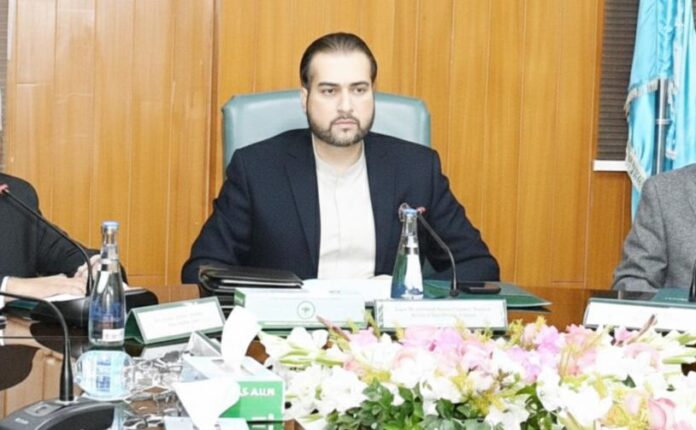The International Monetary Fund (IMF) has stepped up its demands for Pakistan to “do more” and increase transparency in government institutions as part of talks on a new bailout package.
Despite Pakistan meeting strict conditions in the new budget, the IMF is still asking it to “do more”. The IMF’s tough conditions include enforcing a 45% tax on agricultural income and scrapping exemptions for the livestock sector, sources said.
Despite Pakistan’s efforts to privatize profitable state-owned enterprises, there have been problems selling shares to Gulf countries due to IMF objections to government-level sales. According to sources, the IMF has raised concerns about exemptions under the Privatization Commission Regulation, PPRA laws and the SOE Act when selling shares.
Recently, the government transferred the ownership and assets of seven for-profit businesses to the Sovereign Wealth Fund. The entities involved include OGDCL, PPL, Mauri Petroleum, National Bank, Pakistan Development Fund, Government Holdings and Neelum Jhelum Hydropower Company.
Representatives of the Ministry of Finance emphasized that the possible sale of shares aims to obtain resources for new investment projects.
The IMF’s tough demands and ongoing negotiations underscore the financial challenges and reform pressures facing Pakistan’s government as it navigates economic stabilization efforts amid global uncertainty.
Meanwhile, Federal Finance Minister Muhammad Aurangzeb on Thursday revealed ongoing talks with the International Monetary Fund (IMF) for additional loans and highlighted their intended focus on progressing economic reforms.
In a statement issued by the Finance Ministry, Minister Aurangzeb discussed the successful completion of the nine-month loan program with the IMF and disclosed ongoing negotiations on a new medium-term program. He highlighted Pakistan’s foreign exchange reserves of $9.4 billion, the strong performance of the stock market and a significant decline in inflation to 12.6% by June 2024.
Additionally, Aurangzeb highlighted positive economic indicators such as a 7.7% increase in remittances compared to the previous year and a substantial 30% increase in tax revenue during the fiscal year 2023-24.







